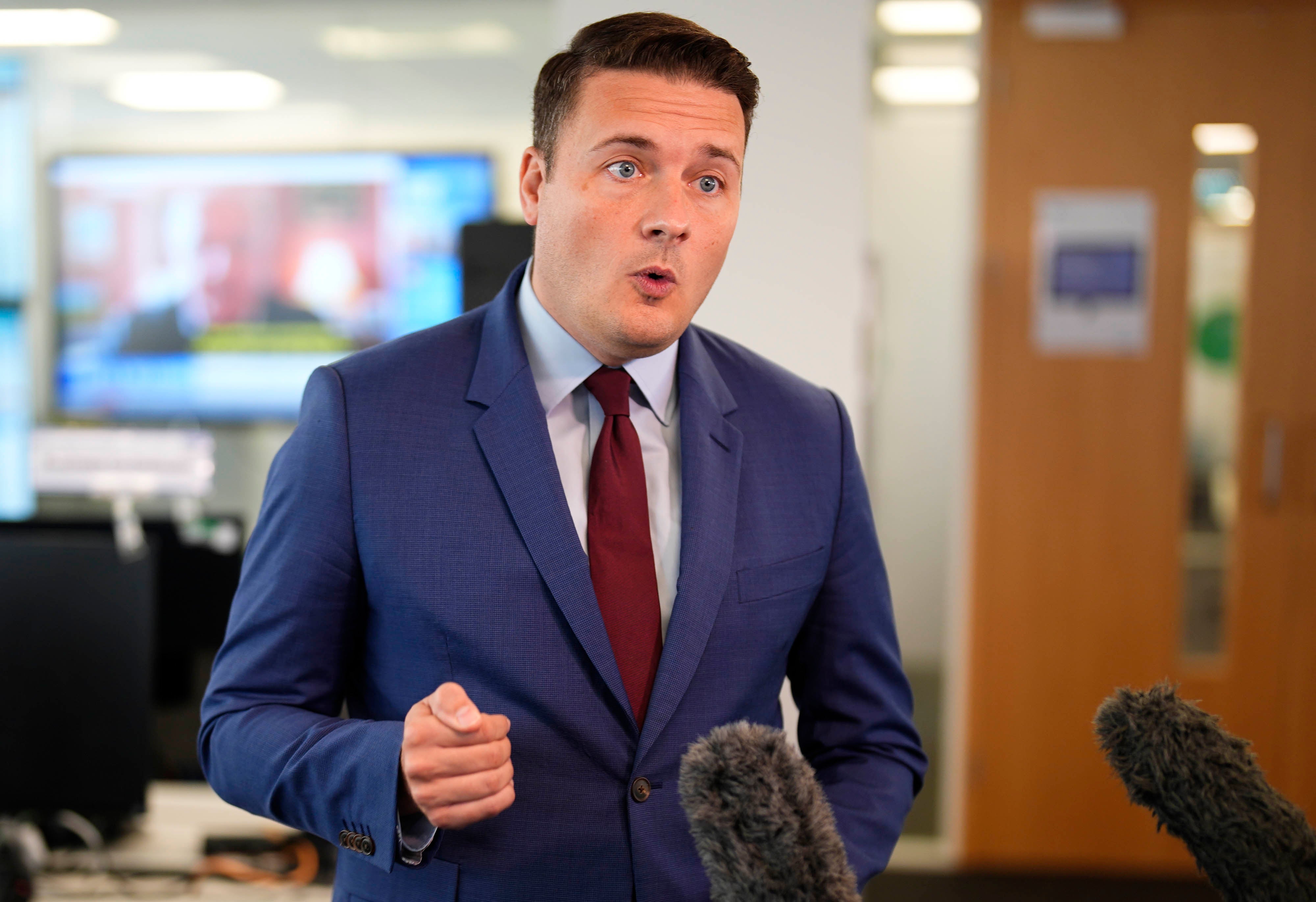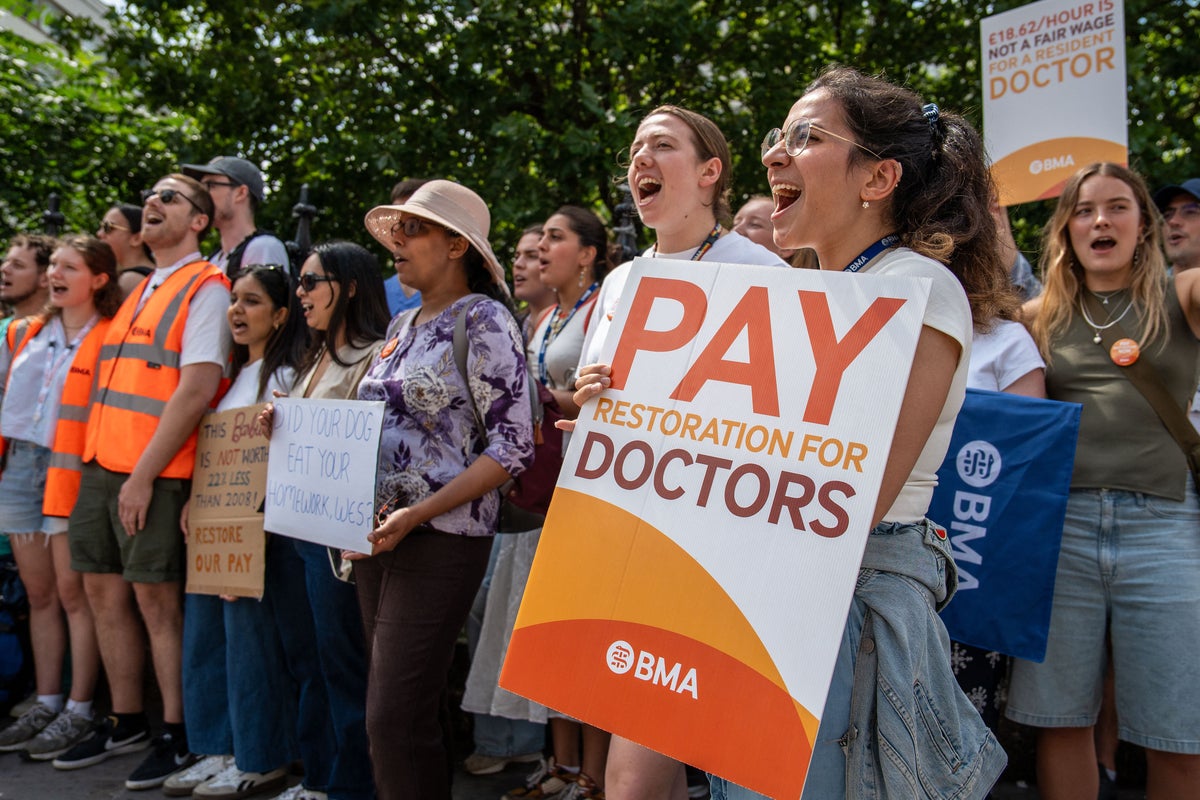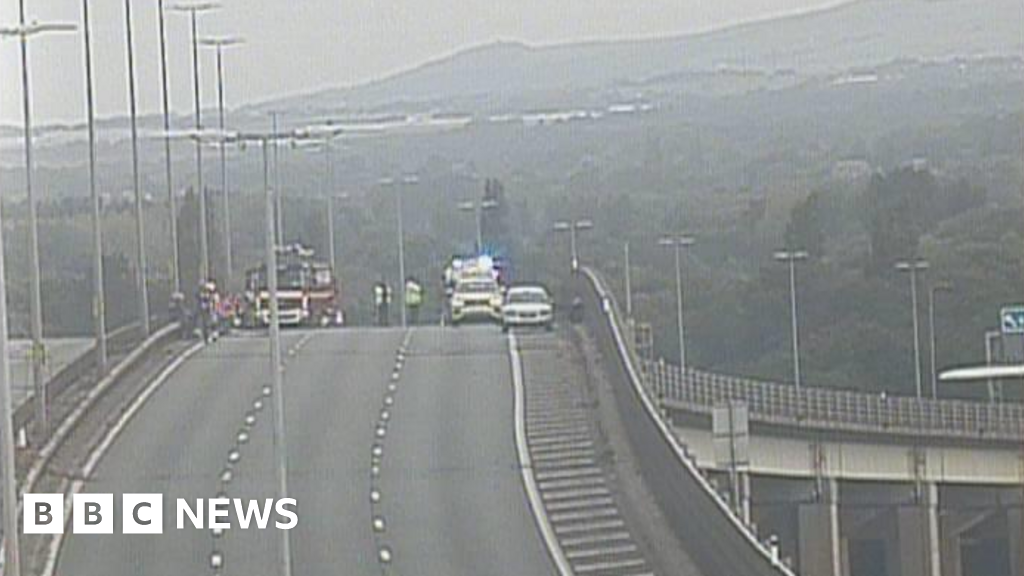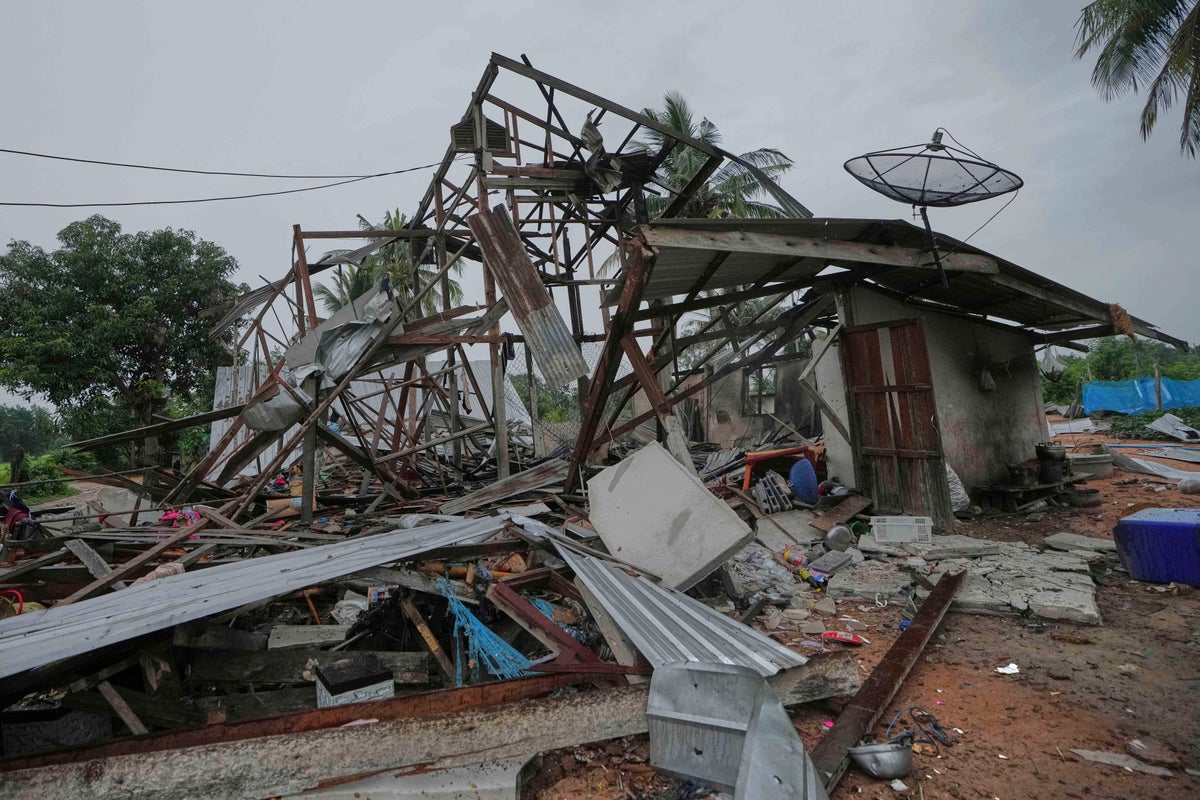Patients must brace themselves for the possibility of doctor’s strikes until Christmas, the head of the NHS has warned.
Junior doctors will on Sunday enter the third day of a five-day strike over pay, with NHS leaders warning that further walkouts are almost inevitable in the coming months. The latest talks between the Department of Health and the British Medical Association (BMA) have made little progress.
“This could be a marathon. We could be doing this until Christmas or maybe beyond,” David Probert, chief executive of University College London Hospitals (UCLH) and deputy chief executive of NHS England told The Sunday Times.
Junior doctors have a strike mandate that runs until 6 January, but union leaders have suggested industrial action could intensify this autumn.
Consultants and mid-grade doctors were sent indicative strike ballots last week in response to a government pay offer of 4 per cent, which they branded “an insult”. The ballots close on 1 September.
Elsewhere in the NHS, the GMB union is considering action among ambulance and hospital staff after 67 per cent of members voted to reject a 3.6 per cent pay offer on Friday. The Royal College of Nursing is also due to announce the result of its pay ballot this week, with sources reporting a “strong turnout”.
Sir Jim Mackey, chief executive of NHS England, warned that it will take a “huge effort” to keep hospital waiting times down during a prolonged period of disruption.

“We know that continued disruption over the coming months could see a snowball effect for patients and for staff,” he said. “We’ve seen that before and it has taken a huge effort over the last year to build momentum back up on reducing waiting lists and times.”
Despite efforts to restart dialogue, tensions have escalated in recent days. Tom Dolphin, chair of the BMA council, said the union was consulting lawyers after both Sir Jim and the health secretary, Wes Streeting, signalled they may try to restrict striking doctors from taking on locum shifts, often a key source of income.
Junior doctors are demanding a 26 per cent pay rise to reverse what the BMA says is a real-terms pay cut since 2008. The government argues it has already acted; last year, Mr Streeting awarded junior doctors a 28.7 per cent pay rise over three years, which brought an end to the previous wave of strikes.
But medics say that increase followed years of pay erosion and still leaves salaries well short of 2008 levels in real terms, particularly given the sharp spike in inflation since 2021.
There are signs, however, that public support for the strikes is beginning to slip. A YouGov poll last week found that just 34 per cent of the public backed the strikes, down from 59 per cent in March 2023. A majority of 52 per cent now say they are opposed.




